Iraq war: What the leaders have said
- Published
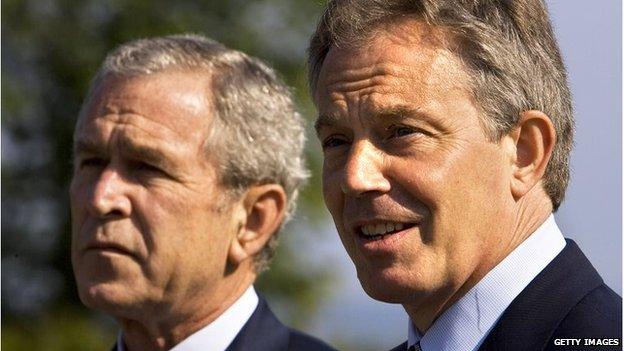
Jeremy Corbyn has vowed to make a formal apology for the Iraq war if he becomes the next leader of the Labour party.
His rival Yvette Cooper has called the war "wrong" while Andy Burnham has referred to it as "an incredibly difficult period" but said respect should be given to those who made difficult decisions. Liz Kendall was not an MP at the time Parliament voted to take action but has been quoted as saying the "ghost of Iraq has haunted politicians in this country" across the political spectrum.
But what have the political leaders with direct involvement in the conflict had to say about their decisions?

Tony Blair
Tony Blair has been dogged by his decision to take the UK to war in Iraq but has not apologised for his decision to go to war or said he made a mistake.
While giving evidence at the Iraq inquiry in 2011 the former prime minister said he "regretted deeply and profoundly the loss of life" during and after the 2003 conflict.
But his sentiment was not well received at the time as members of the public gallery heckled him with cries of "too late".
A year earlier, he had said the Iraq war made the world a safer place and although he was "sorry" it had been "divisive" he believed it had been right to remove Saddam Hussein.
In his memoir The Journey, Mr Blair wrote: "I can't say sorry in words. I can only hope to redeem something from the tragedy of death, in the actions of a life, my life, that continues still."

Gordon Brown
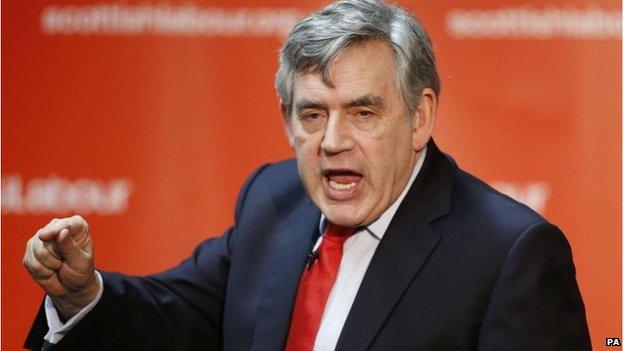
At the start of Gordon Brown's tenure in 2007 British troops were still in Iraq. Mr Brown said he would learn lessons from mistakes made in Iraq but he did not make any formal apologies during his time as leader.
He has also said he empathises with those who lost family members in the conflict but he told the Iraq inquiry he believed the war had been "right" and said he had been convinced by intelligence services that Iraq was a threat that "had to be dealt with".

Ed Miliband
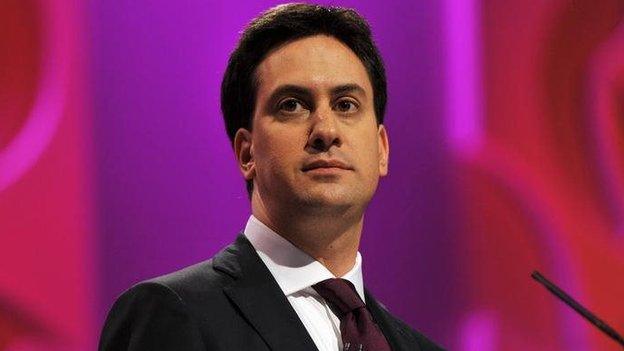
Ed Miliband has gone the furthest in apologising on behalf of the Labour party.
At the 2010 party conference, in his first speech as Labour leader he said it had been "wrong" to go to war.
Mr Miliband, who was not an MP in 2003 when Parliament voted to approve British involvement in Iraq, said: "I criticise nobody faced with making the toughest of decisions and I honour our troops who fought and died there. But I do believe that we were wrong. Wrong to take Britain to war and we need to be honest about that."

George W Bush
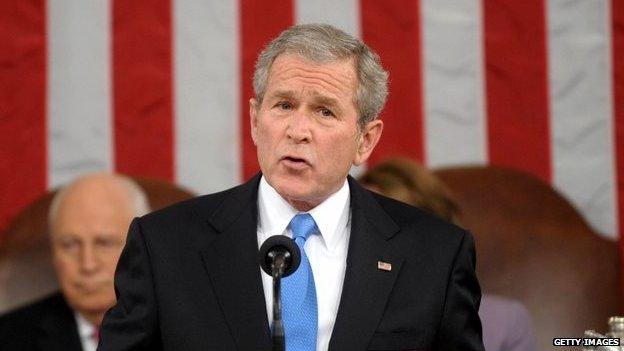
President George W Bush has never apologised for his decision to take the US into war with Iraq.
Ten years on from the conflict the former US president told a US newspaper "I am comfortable with what I did".
"I'm confident the decisions were made the right way," Mr Bush said. "It's easy to forget what life was like when the decision was made."
His brother Jeb Bush who is a prospective Republican presidential candidate has recently raised some eyebrows when he responded "yes" to a question about whether he would have approved the 2003 invasion of Iraq "knowing what we know now".

Colin Powell
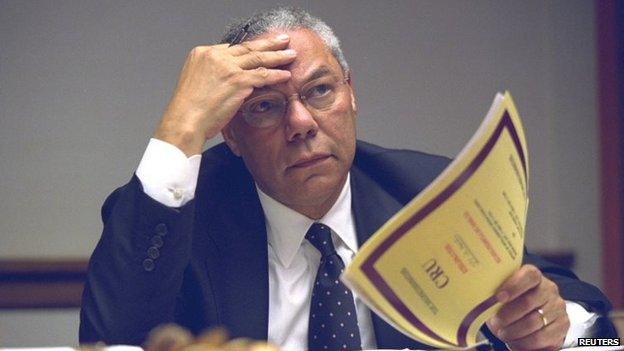
Colin Powell, the former US Secretary of State, supported the decision to invade Iraq despite having reservations. But he has repeatedly come under fire for his role in building the case for conflict.
"I wanted to avoid a war," he said in an interview in 2008. "The president agreed with me. We tried to do that. We couldn't get it through the UN and when the president made the decision, I supported that decision. And I've never blinked from that. I've never said I didn't support a decision to go to war."
He has never publically apologised for the decision but he has said he regrets providing misleading evidence that Iraq had weapons of mass destruction, calling it "a failure" and "a blot on his record".

- Published21 August 2015
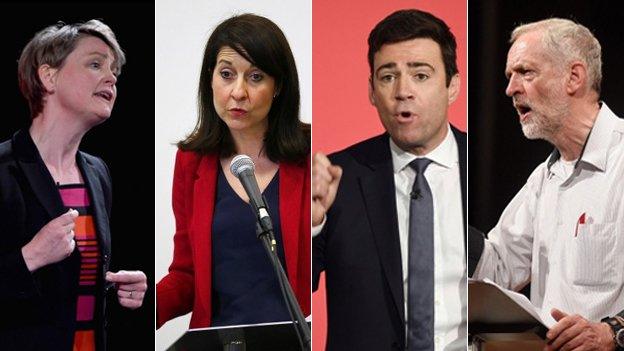
- Published21 June 2015
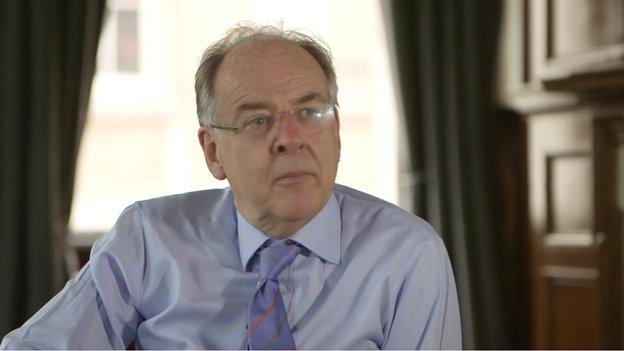
- Published20 September 2010
- Published12 May 2015